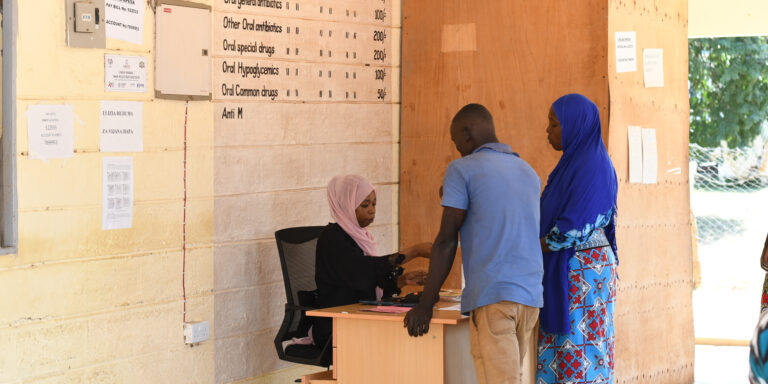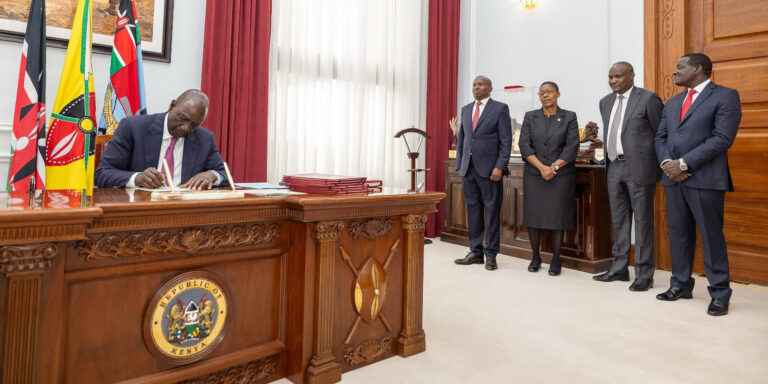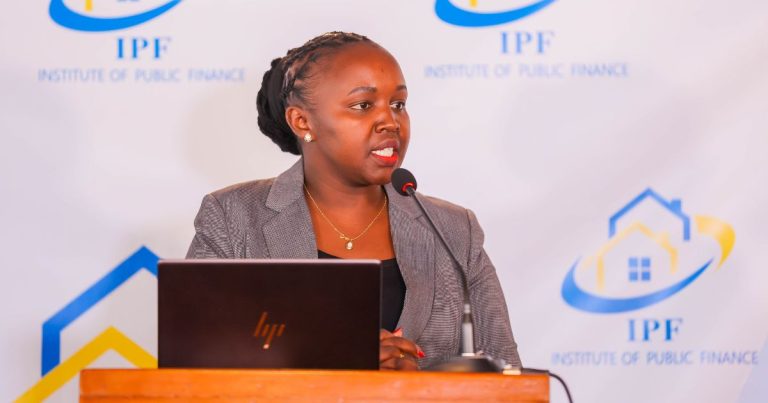The PFM Act requires that not later than the 30th of August in each year, the Cabinet Secretary for finance shall issue to all national government entities a circular, setting out guidelines to be followed in the budget process. Similarly, the County Executive committee member for finance shall do the same and guide County government departments on the budget process.
Specifically, the PFM Act requires that the circular at both the national and county levels shall include:
- key dates by which various budget documents are to be completed.
- the procedures for the review and projection of revenues and expenditures.
- key policy areas and issues to be taken into consideration when preparing the budget.
- how the members of the public shall participate in the budget process.
- the format in which budget information and documents shall be submitted; and
- any other information that may assist the budget process.
As soon as the Members of Parliament and County Assemblies, respectively, are sworn in by the 9th of September, which is 30 days after the general election, the budget process for the financial year 2023/24 will have commenced and they will need to set up the budget and appropriation committees to hit the ground running.
At the county level, the PFM Act requires that the Annual Development Plan be submitted to the county assembly by 1st September each year for the county assembly to approve with or without amendment, paving way for the rest of the budget documents to be prepared by the county executive.
Both at the national and county level, the Budget Review and Outlook Paper (BROP), which is the end-year report of the previous financial year will be submitted to the respective legislatures by the 21st of October 2022. Key information that will be contained in BROP and which the legislators must pay attention to include:
- Actual fiscal performance in the previous financial year compared to the budget appropriation for that year.
- Updated economic or macro-economic and financial forecasts with sufficient information to show changes from the forecasts in the most recent Budget Policy Statement or the County Fiscal Strategy Paper.
- Information on how actual financial performance for the previous financial year may have affected compliance with the fiscal responsibility principles or the financial objectives.
- The reasons for any deviation from the financial objectives together with proposals to address the deviation and the time estimated to do so.
Over the last ten years, the Parliament and County Assemblies have not done justice to the budget implementation reports which are submitted to them diligently by the Controller of Budget. There is no evidence of publicly available reports on decisions by the respective legislators on these reports which are intended to support the oversight role of the legislators. The Controller of Budget reports will be available as soon as the legislators are sworn in, and we should expect engagement with these reports and action taken on how public funds are being utilized to improve the lives of Kenyans.
The 13th and 3rd sessions respectively, of the legislative business at the national and county level must not let the country down in the next five years. Oversight of the public funds is a key demand of them by our constitution and this must not be taken lightly.
After all, our taxes pay legislators to oversight how our taxes are being spent on our behalf.
Author: James Muraguri – Chief Executive Officer, Institute of Public Finance.













